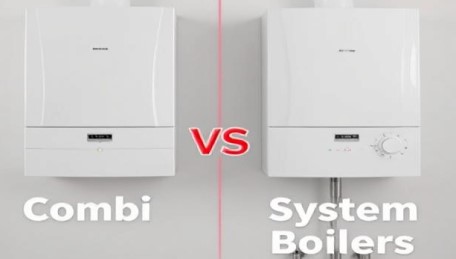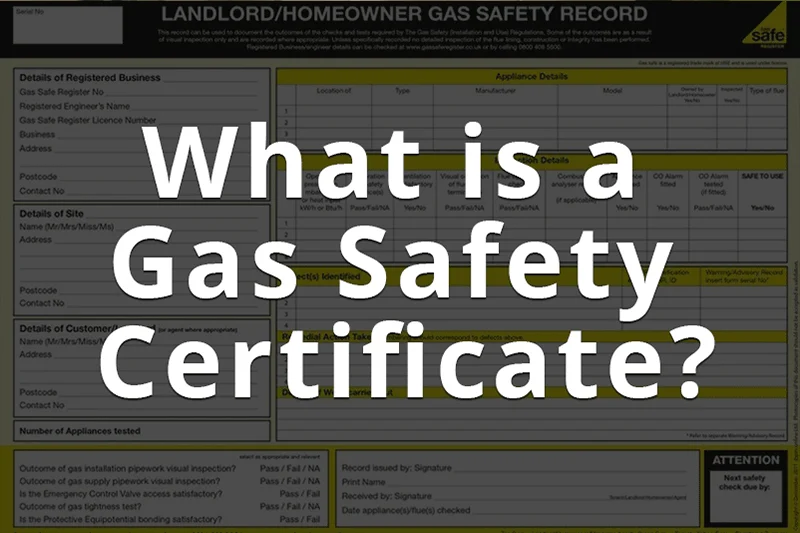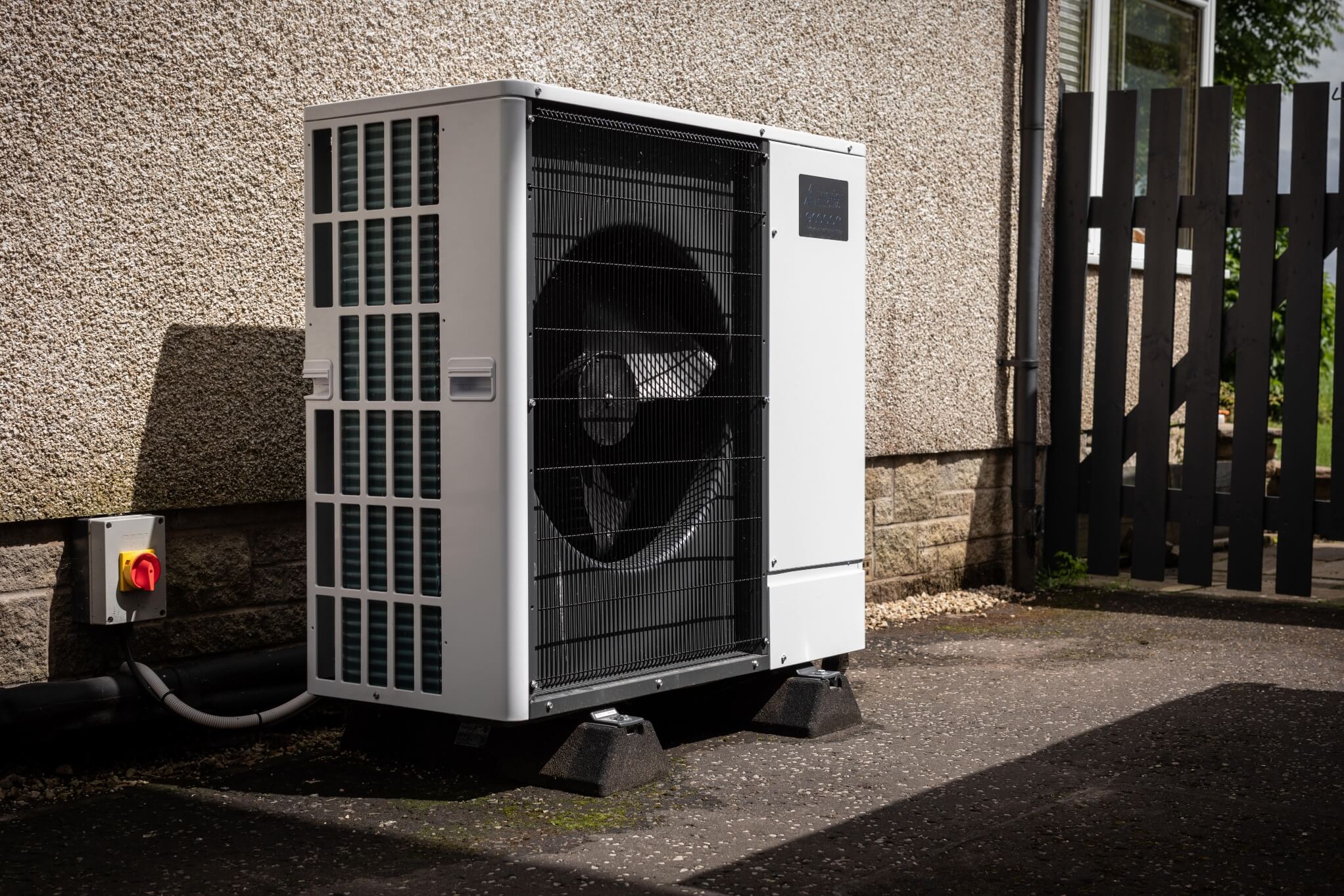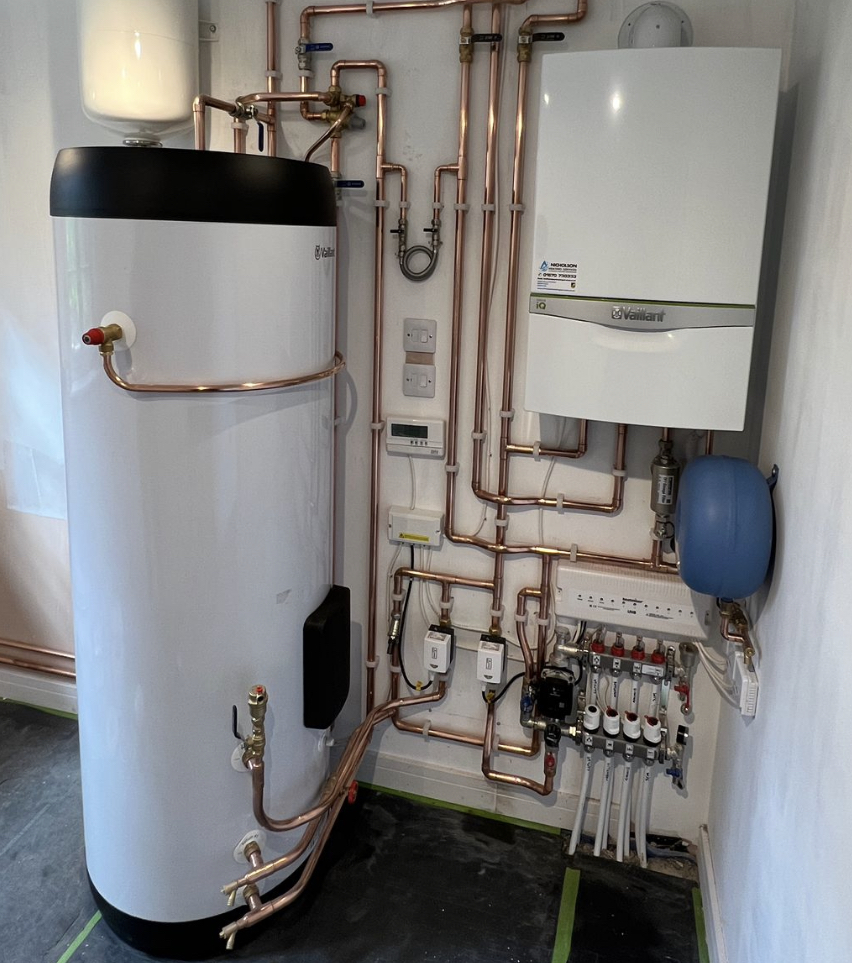Combi vs System Boilers: Key Differences and Applications
Choosing the right boiler is crucial for efficient heating and hot water. Combi and system boilers offer distinct advantages depending on the property and usage demands.
Combi Boilers:
- Function: Heats water directly from the mains on demand for both central heating and hot water, eliminating the need for a separate storage cylinder.
- Benefits:
- Space-saving due to the single unit design.
- Instant hot water supply.
- Potentially higher energy efficiency by heating only the water needed.
- Generally simpler installation.
- Limitations:
- Hot water flow rate can be limited when multiple outlets are used simultaneously.
- May not be suitable for properties with low mains water pressure.
- Less ideal for large households with high simultaneous hot water demand.
- Best Suited For: Smaller properties (flats, apartments, small houses) with lower simultaneous hot water demands.
System Boilers:
- Function: Heats water for central heating and stores hot water in a separate cylinder.
- Benefits:
- Capable of supplying hot water to multiple outlets simultaneously without significant flow reduction.
- Ensures consistent hot water temperature.
- Compatible with solar thermal systems.
- Better suited for larger properties with higher hot water demands.
- Limitations:
- Requires more space for the boiler and hot water cylinder.
- Hot water is not instant; it requires time to heat the cylinder.
- Potential for heat loss from the stored water.
- Best Suited For: Larger properties (houses with multiple bathrooms) with high simultaneous hot water demands.
Conclusion:
The choice between a combi and a system boiler hinges on the property size and hot water usage patterns. Combi boilers prioritize space-saving and instant hot water for smaller dwellings, while system boilers excel in meeting the demands of larger households with simultaneous hot water needs. Consulting a qualified heating engineer is recommended for a tailored assessment.




